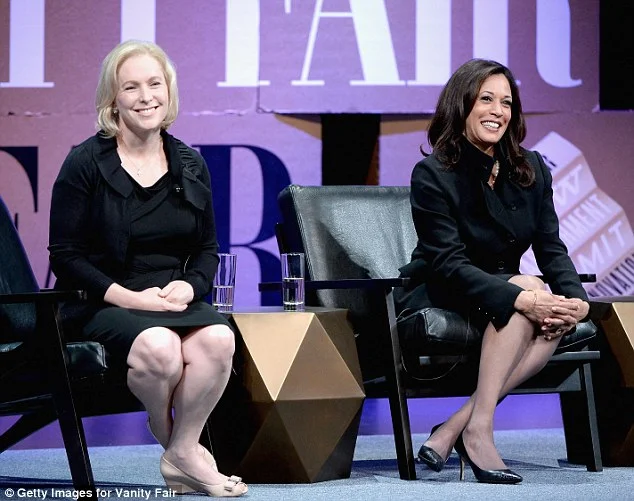New research suggests minority candidates were disadvantaged by 2020 Democratic primary rules By Luke Perry
New research by Peter Enns and Jonathon Schuldt from Cornell University raises questions about the design of this year’s Democratic presidential primary. 18 months ago Enns and Schdult conducted a national survey to measure who Americans would like to see run for president.
One question asked: “Now thinking ahead to the 2020 presidential election, which one person would you most like to see run for president on the Democratic ticket?” Respondents could name anyone.
The top choices among Democrats were: 1) Joe Biden (22%); 2) Bernie Sanders (11%); 3) Hillary Clinton (8%) and Elizabeth Warren (8%).
Photo by Jim Urquhart/Reuters
Biden, Sanders, and Warren are currently the top three in delegate count, which is unlikely to change, and Clinton did not run.
In other words, “after 10 debates and over 1,000 campaign events, much of the final outcome is identical to what could be measure in survey data from a year and a half ago.”
Enns told Ivory Tower on WCNY he was “absolutely shocked by how accurate the top three were.”
Does America need the multiyear campaign process, 50 state primary contests and billions of dollars in campaign spending?
“In terms of picking the winner,” Enns said, “maybe not.”
Enns also recognized important contributions of primaries, such as informing the electorate and motivating people to vote in the general election.
Photo by Noah Berger / AFP
At the same time, Enns believes the fact that Cory Booker and Kamala Harris finished fourth and fifth in the survey, but dropped early in the process, “raises very interesting questions about what the primaries do in terms of potentially disadvantaging some candidates.”
Booker and Harris had early name recognition, but may have been hindered by controversial primary rules, like campaign finance thresholds to participate in debates and having Iowa and New Hampshire, two overwhelmingly white states, be the first two primaries.
Enns’ work is among the “first empirical evidence of how those who had very early name recognition seemed to be directly disadvantaged.”
Luke Perry (@PolSciLukePerry) is Professor of Government at Utica College
Watch Ivory Tower on WCNY (Fridays 8pm) or on-demand online for weekly analysis of current issues by local experts in politics, law, history and journalism








